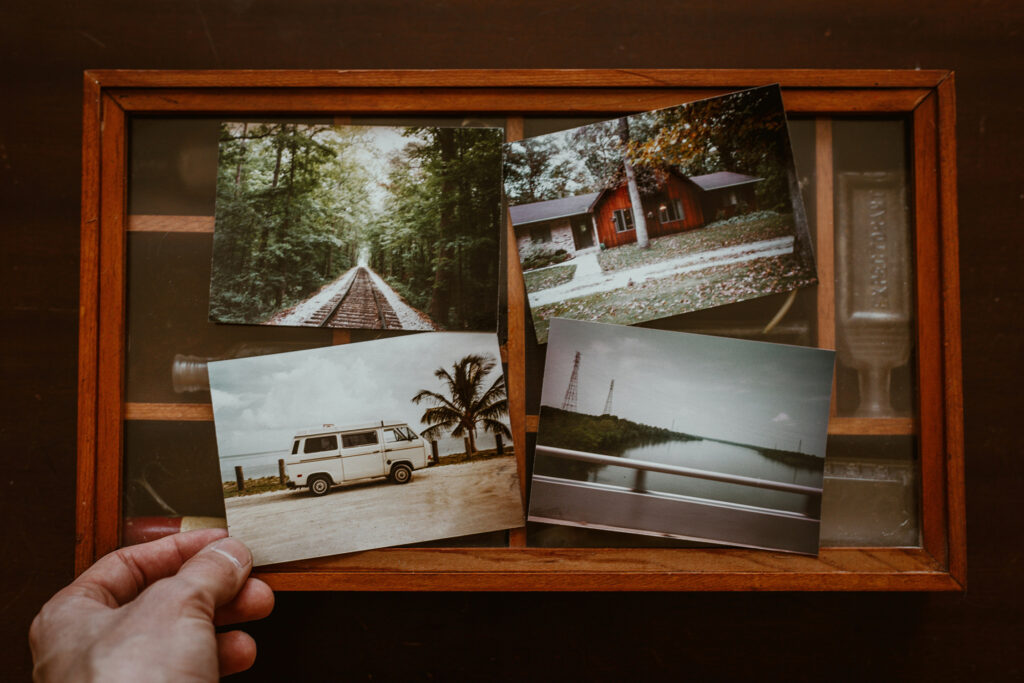When a loved one passes away, the grieving process is rarely linear. Among the most emotional tasks is taking on precious belongings and determining what to do with everything. This is what professional organizer Amanda Titchenal of Well Organized refers to as “inherited clutter.”
“It could be something a family member thought you wanted, such as china, photos, or collectibles, or just junk you have to go through,” she explains. “There’s a wide range.”
To handle such a project, we needed to call in the expert. Titchenal shares her top tips for taking care of inherited clutter below.
Westend61/Getty Images
1. Start Slow
Inherited clutter is just one factor involved during this time, which can stir up all kinds of emotions. You don’t have to tackle this project immediately, but Titchenal recommends giving yourself a goal to complete it by the end of one year.
“Bite it off in small chunks by making a list of categories, and start with the easiest one,” she says. “Maybe in two months, you want to get done with Category A, and then within six months, you want to be done with Category B, and so on.”
2. Do Your Research
If you don’t have an emotional attachment to an item, it could carry monetary value. Titchenal says to research each item to determine if it’s worth selling.
“Maybe Aunt Suzy thinks her china’s worth thousands of dollars, but if you go on eBay, it’s really not,” she explains. “When there’s no money involved, that usually helps make the decision a lot easier. Given this information, is it worth keeping, passing onto somebody else, or just donating?”

Josh Hild/Unsplash
3. Take Your Time with Memorabilia
As with all decluttering projects, the most challenging category is always memorabilia. Photos and other keepsakes are often difficult to part with, and for good reason. These may represent the last vestiges of your loved one’s life, but there are plenty of ways to preserve these memories without adding more clutter to your home.
Titchenal previously shared how to organize old photos, but she adds that it comes down to your plan.
“Think it through: You have these photos. What is your ultimate goal, and how are you going to get there?” she says. “Is it a happy memory, and is it something you need? Or can you get rid of it?”
4. Pare Down Big Collections
Decluttering doesn’t mean you need to toss everything. Instead, consider saving some pieces from a collection. For instance, pick out a selection of china you can display, and donate the rest or store them in a bin in your garage. Titchenal says the same rule applies to photos—keep your favorites and frame them or put them in an album.
“Don’t just throw them in a box,” she warns. “If you do that, what’s the point of keeping them?”

Don Mason/Getty Images
5. Rely on Experts to Take on Paperwork
One area requires bringing in the pros: Stacks of paperwork. Titchenal says your attorney or tax advisor should be on call to figure out what you need to do with these papers—and what you can throw out.
“Being prepared before you start tackling the items is going to get you way ahead in making the decisions,” she says. “And as more questions come up, you can refer back to those experts.”
Documents aside, most inherited clutter gives you one more mountain to climb as you grieve. That said, Titchenal encourages you to take on a fresh perspective during the process.
“Does it mean something to you?” she says. “If your answer is ‘no,’ you need to release yourself of it. It’s not your burden, if you don’t want it to be. Now, it’s yours, and you have the freedom to do with it what you wish.”



